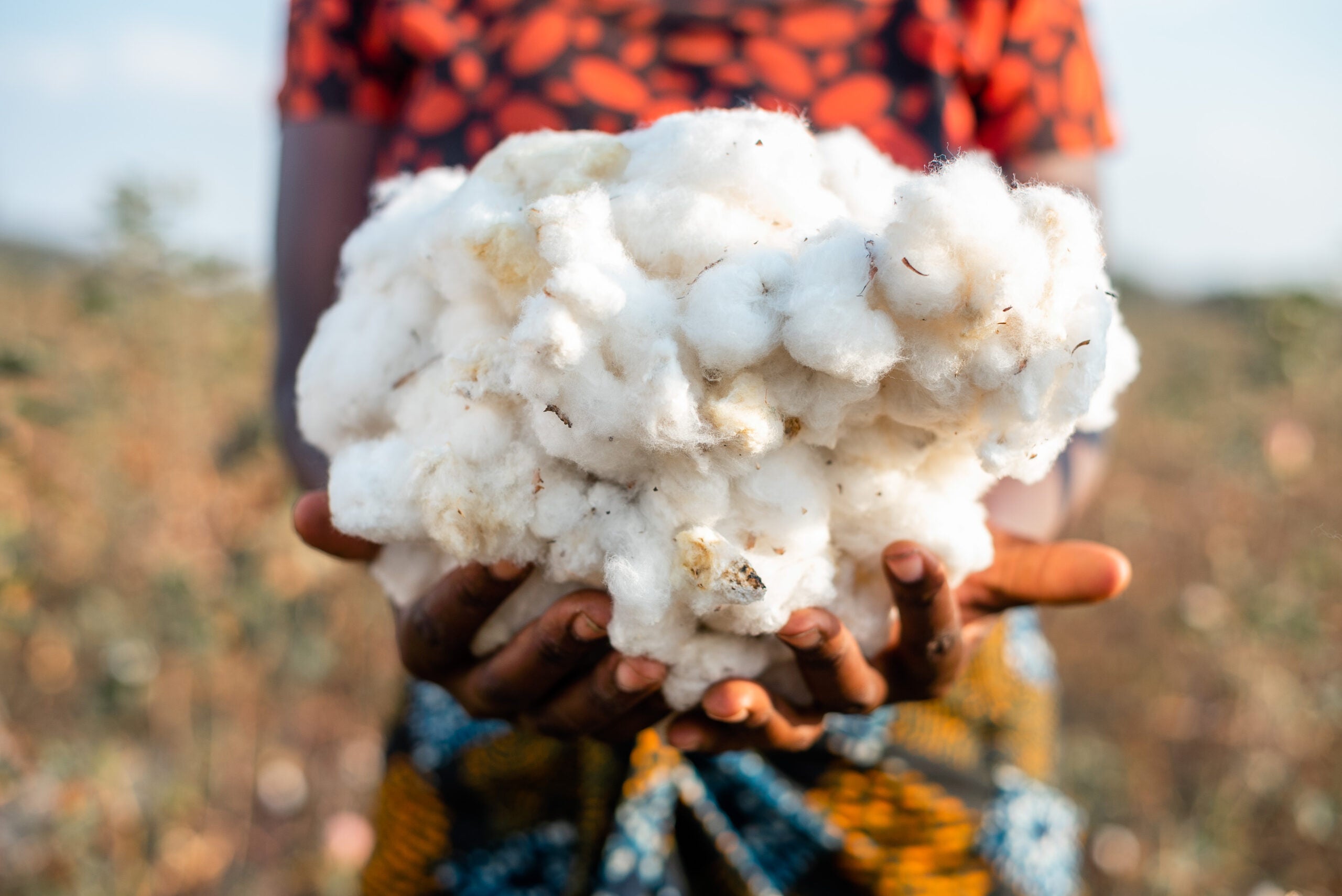
Under the partnership with Cotton made in Africa, they aim to promote sustainable cotton cultivation, protect the environment, and improve the working and living conditions of small-scale farmers and their families.
A recent impact study has revealed Cotton Made in Africa (CMiA) is having a positive effect on the living and working conditions of participating cotton farmers and regular training is leading to increased cotton yields.
Small-scale farmers benefit from agricultural and business training that enables them to improve their yields and cultivation methods. Beyond sustainable cotton production, CmiA actively advocates for issues like healthcare, respect for children’s rights, and equal rights for men and women. This directly contributes to improved awareness of social issues in village communities. Factory workers in the ginneries, where cotton seeds are separated from the fibres by machine, benefit from improved working conditions.
Tina Stridde, the managing director of the Aid by Trade Foundation and of its CmiA initiative said: “Only with committed partners at our side can we advocate together for small-scale farmers in Africa, their families, and the responsible production of our raw materials now and in the future. Our recent growth shows that companies from around the world, whether small brands or global enterprises, can achieve their own sustainability goals through Cotton made in Africa and make them visible to their customers.”
Shinsegae International co-CEO and head of Jaju division, Lee Seock-koo, adds: “Cotton made in Africa has impressed u. The standard addresses both social and ecological aspects of sustainable cotton production. This allows us to source our textiles sustainably and to offer our customers what they are increasingly looking for: a sustainable alternative to conventional goods.”



